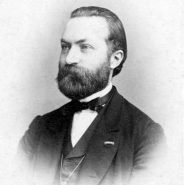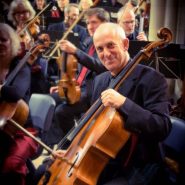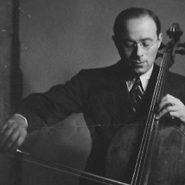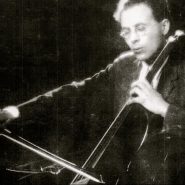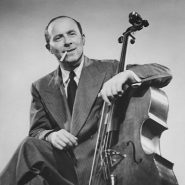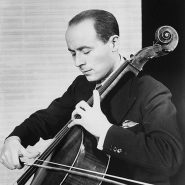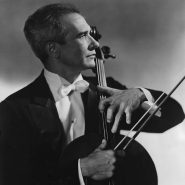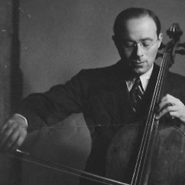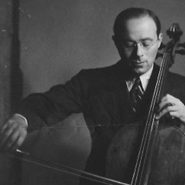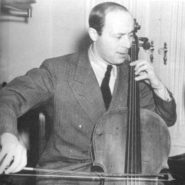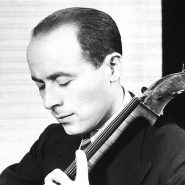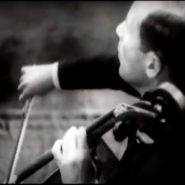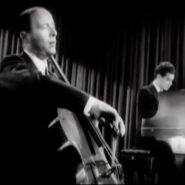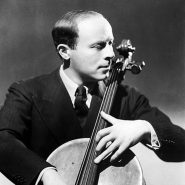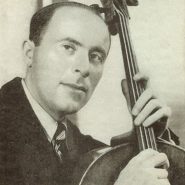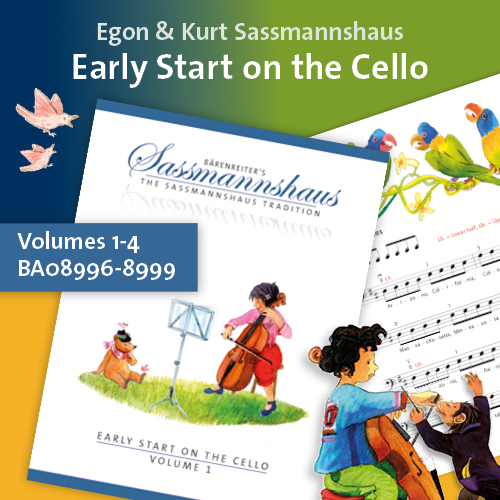Tag: Feuermann
By Janet Horvath March 18, 2022
Subjects Historical
Tags Alexander Wierzbilowicz, Alfred von Glehn, Antonio Janigro, Armenian School, Bernard Greenhouse, Carl Fuchs, David Soyer, Davidov Cello Concerto, Diran Alexanian, Enesco, Feuermann, Fournier, Franco-Belgian School, Friedrich Grützmacher, German School, Gregor Piatigorsky, Hanus Wihan, Hugo Becker, Janet Horvath, Joseph Joachim, Julius Klengel, Karl Davidov, Leo Stern, Mischa Schneider, Pablo Casals, Raya Garbusova, Russian School, Schools of Cello Playing
By Selma Gokcen October 29, 2021
Subjects Interviews
Feuermann's granddaughter Marika Hughes with Paul Katz.
Feuermann's granddaughter Marika Hughes with Paul Katz.
Feuermann's granddaughter Marika Hughes with Paul Katz.
Feuermann's granddaughter Marika Hughes with Paul Katz.
By Tim Janof August 5, 2019
Performance of Popper: Papillon, Op. 3
Performance of Popper: Hungarian Rhapsody, Op. 68
Feuermann's granddaughter Marika Hughes with Paul Katz.
By Brinton Smith May 18, 2018
Courtesy of Cembal d’amour Rare Classical Recordings, used with permission.
Feuermann's grandaughter Marika Hughes with Rob Mayes. Performance footage courtesy of Cembal d’amour Rare Classical Recordings, used with permission.
Feuermann's granddaughter Marika Hughes with Paul Katz.
Feuermann's granddaughter Marika Hughes with Paul Katz.
